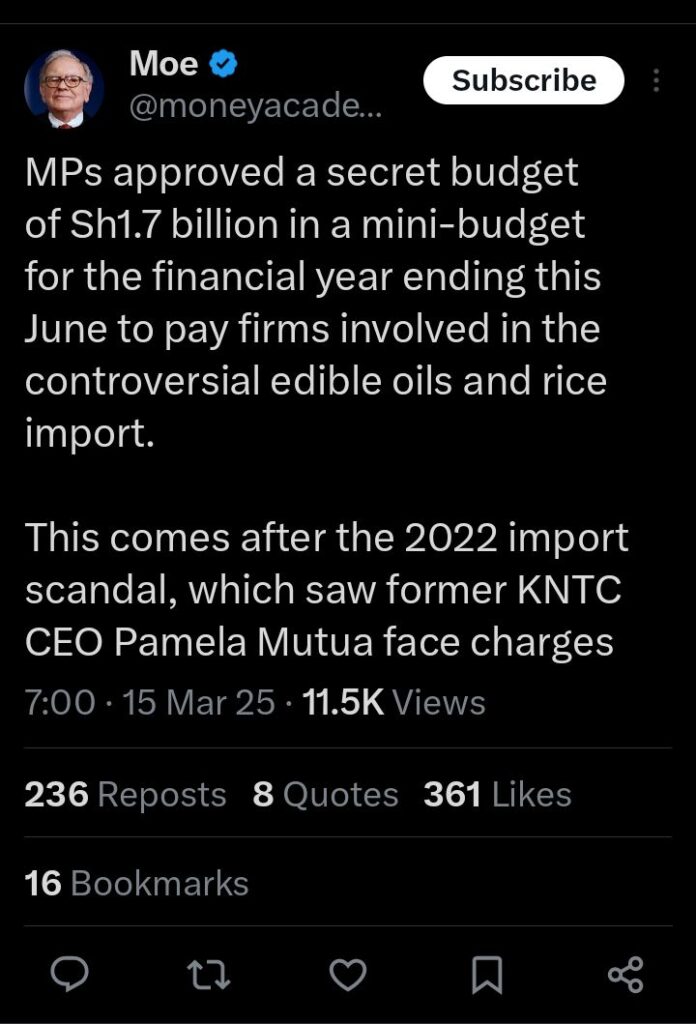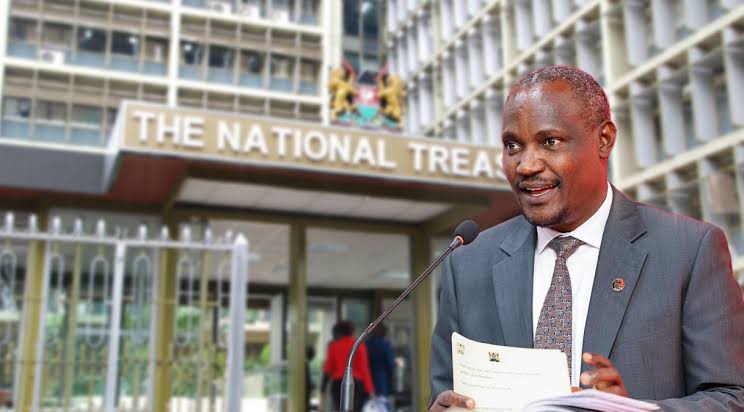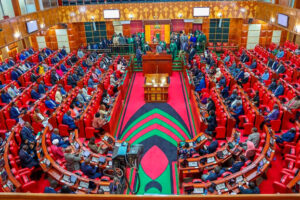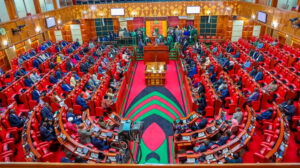MPs have secretly approved Sh1.7 billion in a mini-budget for the financial year ending this June. This money will pay companies involved in the controversial edible oils and rice import deal.
The move comes after the 2022 import scandal, which led to former Kenya National Trading Corporation (KNTC) CEO Pamela Mutua facing charges.
In 2022, the government allowed KNTC to import edible oils and rice, claiming it was meant to lower food prices. However, the deal was surrounded by controversy. Some companies that won the contracts had no experience in the food business.
There were also claims that powerful people in government used the imports to make quick money. Instead of benefiting Kenyans, the prices of food remained high, and some of the imported goods were of low quality.
Pamela Mutua, who was leading KNTC at the time, was later charged over the import scandal. Investigations revealed that millions of shillings were lost in the deal. Despite the public outcry, no top government official was held accountable.

Now, MPs have decided to spend taxpayers’ money to pay the same companies that were part of the scandal. This has raised serious questions about the government’s commitment to fighting corruption.
Many Kenyans feel betrayed by this decision. Instead of punishing those who benefited from the corrupt deal, the government is using public funds to settle their payments. There are also concerns that the approval of the Sh1.7 billion was done in secrecy to avoid public scrutiny.
This is not the first time such a move has happened, as previous scandals in Kenya have also ended with taxpayers carrying the burden.
Some leaders have criticized the decision, saying the money could have been used for more important needs like healthcare, education, and job creation. However, the government has remained silent on the issue.
With the financial year ending soon, it is unclear if any action will be taken to stop the payments. This situation shows how corruption continues to affect Kenya’s economy. Instead of using public funds for development, large amounts of money are being used to cover up scandals.
If this trend continues, Kenyans will keep suffering as a few people benefit from public resources. Many are now calling for accountability, but it remains to be seen if any action will be taken against those behind this questionable budget allocation.





















Add Comment